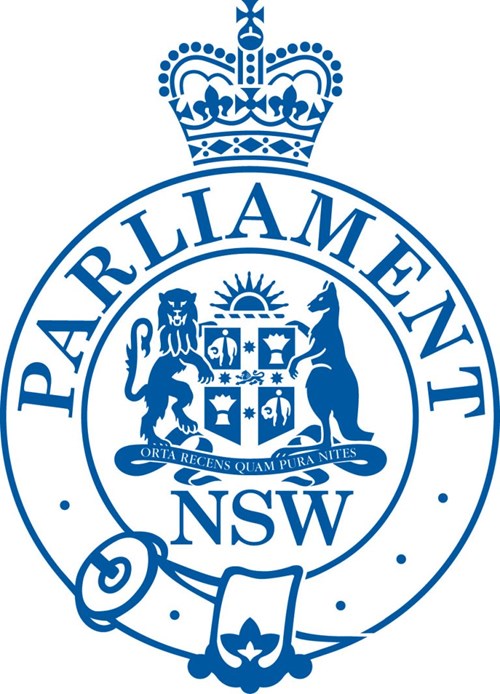A dark cloud has lifted from over Glenbernie Orchard after amendments to rules came into effect allowing the beloved Darkes Forest institution to grow its agritourism pursuits and maintain long-term financial viability.
Co-owner Jo-Anne Fahey said rules proposed last year threatened to cap the number of ‘pick-your-own’ customers allowed on farms to 100, prohibited the farm from having a cellar door to sell its award-winning cider and mead directly to the public, and excluded it from applying for DAs to run tourism events.
As a direct result, earlier this year Glenbernie was forced to cancel its Apple Pie Festival.
Glenbernie has made direct sales to the public since 1939, well before land zoning came to the farm. Over time, the Orchard was zoned RU2 (residential), then moved onto the more restrictive E3 (environmental zoning) and finally C3 (conservation), which comes with heavy restrictions.
The original proposed rules laid out a pathway for farms in specific rural zones RU1, RU2 and RU4 to apply for DAs for agritourism activities, effectively excluding farms like Glenbernie – a move Jo believed was made in error.
She brought it to the attention of Minister for Planning and Public Spaces Paul Scully, who was at the time the shadow minister.
Jo expressed deep gratitude to Minister Scully for the “integral” part he played in the government agreeing to Wollongong City Council’s request for an amendment to its Local Environment Plan (LEP) to enable more diverse use of the orchard.
“The people in planning at the time didn’t actually know they had a bunch of farms zoned as C3,” Jo said.
“I went to Paul and laid out why we needed additional zoning to what is targeted in the legislation, and that there should be pathways for us to be included, especially since we’ve been doing this from day dot. And he listened.”
“The council were ultimately very supportive, but it was Paul who got us a seat at the table. He also lobbied the then government to make changes to the legislation they were drafting. He was the sensible political voice in a sea of misunderstanding.”
The caps have since been removed, and under the new rules, Wollongong City Council has specifically identified Glenbernie as a “farm gate premise”, which allows it to maintain its cellar door, and as a “farm experience”, delineating a clear path to apply for DAs to hold events.
“Now there’s a definition for what we do,” Jo said.
She thanked Minister for the Illawarra and the South Coast Ryan Park, Member of the Shooters, Fishers and Farmers Party Mark Banasiak, former member for Heathcote Lee Evans and incoming Member for Heathcote Maryanne Stuart for the parts they played, but said Minister Scully was the “linchpin”.
“I want him to know – you’re amazing. I am so happy, our family is so happy. You’ve given our farm a future,” she said.
“We honestly would have been locked out of agritourism without it. And without that, our farm would be doomed to disappear.”
The policy includes development requirements for exempt and complying agritourism to meet a range of standards that make sure it is low impact and small-scale. It will be reviewed after a year of operation to make sure that the exemption is not leading to unintended consequences for locals.
Minister Scully said it was important to strike a balance for growing farm businesses and local communities – more farm visitors can mean more traffic, parking issues and the need for basic amenities such as bathrooms.
“Agritourism offers fantastic opportunities for growing farm businesses like Glenbernie Orchard, and we’re working with Council to make sure the planning rules allow for more activities,” he said.
“Any future development for farm gate premises needs to be low impact and monitored to manage unsustainable traffic movement and appropriate infrastructure.”
Jo said growing Glenbernie’s agritourism offering was the only way it could continue.
“The government recognises that for farms like ours to exist we need to be able to interface directly with customers and to evolve our experiences beyond ‘pick-your-own’,” she said.
“I know that the planning legislation was intended to give a roadmap to farms for development involving the general public so that as agritourism thrives, more producers can provide services classified as a tourism activity without negative impacts on the environment.
“A lot of farms have moved in that direction over a long period without planning rules to guide them. I am in favour of it, so long as it’s informed.”
Over the years, Glenbernie has won numerous prestigious awards for its products and services, including APAL’s inaugural Agritourism Award for Excellence this year. Jo said it was only the beginning and that the community could expect to see upgrades and new activations at the orchard in the coming years.
Organisation will soon begin on next year’s Apple Pie Festival, and there are plans to improve the site’s accessibility.
One new venture will explore what Jo and the Glenbernie team predict will be a shift in the Australian cider palate to international-style ciders, exhibiting the flavour profiles naturally found in apples from other countries renowned for cider.
English and French trees planted in the orchard will be ready for harvesting in February next year, and small batches will be made to serve and sell directly to the public from Glenbernie.
“Now that the first biggest hurdle is overcome, we can plan for the future and get on with the business of exploring our potential.”


